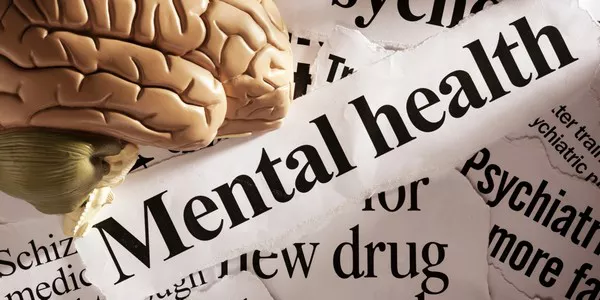Since the era of European expansion into the Americas, Black individuals have been subjected to harmful stereotypes and racist portrayals. These portrayals, originally designed to justify the exploitation and sale of African people, have left lasting psychological scars on Black communities. This includes self-hatred, internalized racism, and a erosion of Black identity.
In the 1960s, civil rights leader Martin Luther King Jr. recognized the damaging effects of these stereotypes and sought to change the narrative of racism. He lamented how the word “black” had been associated with negativity and ugliness, while “white” was linked to purity.
Despite King’s efforts and progress in the fight against racism, many Black individuals still grapple with the emotional toll of racialized trauma. This trauma, arising from racism, racial discrimination, and violence predominantly targeting Black people, has far-reaching consequences on mental health.
As a psychologist and counseling professor, I have researched the mental injuries caused by encounters with racial bias, discrimination, and harassment. Together with mental health counselor Janeé M. Steele, we’ve shed light on the psychological impact of racialized trauma and how healing can mitigate its effects.
Racialized trauma, as defined by the American Psychological Association, encompasses any distressing experience that results in profound fear, helplessness, confusion, or other disruptive emotions with enduring negative effects on an individual’s attitudes and behavior.
Examples of racialized trauma include everyday slights, such as being followed by a store owner, racial slurs, missed opportunities, racial profiling, and hate crimes. These encounters, known as race-based events, can occur directly between individuals or indirectly, such as witnessing police brutality in a video.
Our research reveals that these race-based events have a detrimental psychological impact on people of color, leaving them emotionally wounded. These wounds manifest as increased rates of hypervigilance, depression, anxiety, post-traumatic stress disorder (PTSD), and low self-esteem.
To illustrate, we interviewed a 29-year-old Black woman who grew up in a lower-middle-class neighborhood near Detroit. She attended predominantly white private schools, becoming the first in her family to graduate from college and later earning a master’s degree in counseling.
However, her first full-time job experience exposed her to a predominantly white male-dominated work environment where the voices of people of color were often marginalized, except when issues of race were discussed. She felt devalued, leading to feelings of anxiety, sadness, and hopelessness, with her self-esteem plummeting.
Healing from Racialized Trauma
Healing from racialized trauma is achievable. Although recent social injustices compounded with centuries of adversity present challenges, hope remains a vital element for overcoming this trauma.
Drawing from research and nearly two decades of clinical experience, we’ve identified five holistic ways to address these wounds.
Understanding the Psychological Impact: The first step is recognizing and comprehending the psychological consequences of racialized trauma while gaining knowledge of wellness strategies.
Promoting Higher Self-Esteem: Encouraging individuals to affirm their personal strengths and replace negative beliefs is crucial for addressing racialized trauma.
Building Resilience: Tenacity in the face of adversity is essential. Connecting with individuals, family, and community can foster resilience.
Empowerment: Finding strength in personal choices, such as supporting Black-owned businesses, attending cultural events, and pursuing financial independence, can significantly contribute to a positive self-image.
Fostering a Sense of Community: Promoting a sense of belonging and countering feelings of isolation is pivotal in healing from racialized trauma.
By implementing these strategies, individuals can embark on a journey of healing, reclaiming their mental well-being, and standing against racial injustices.


